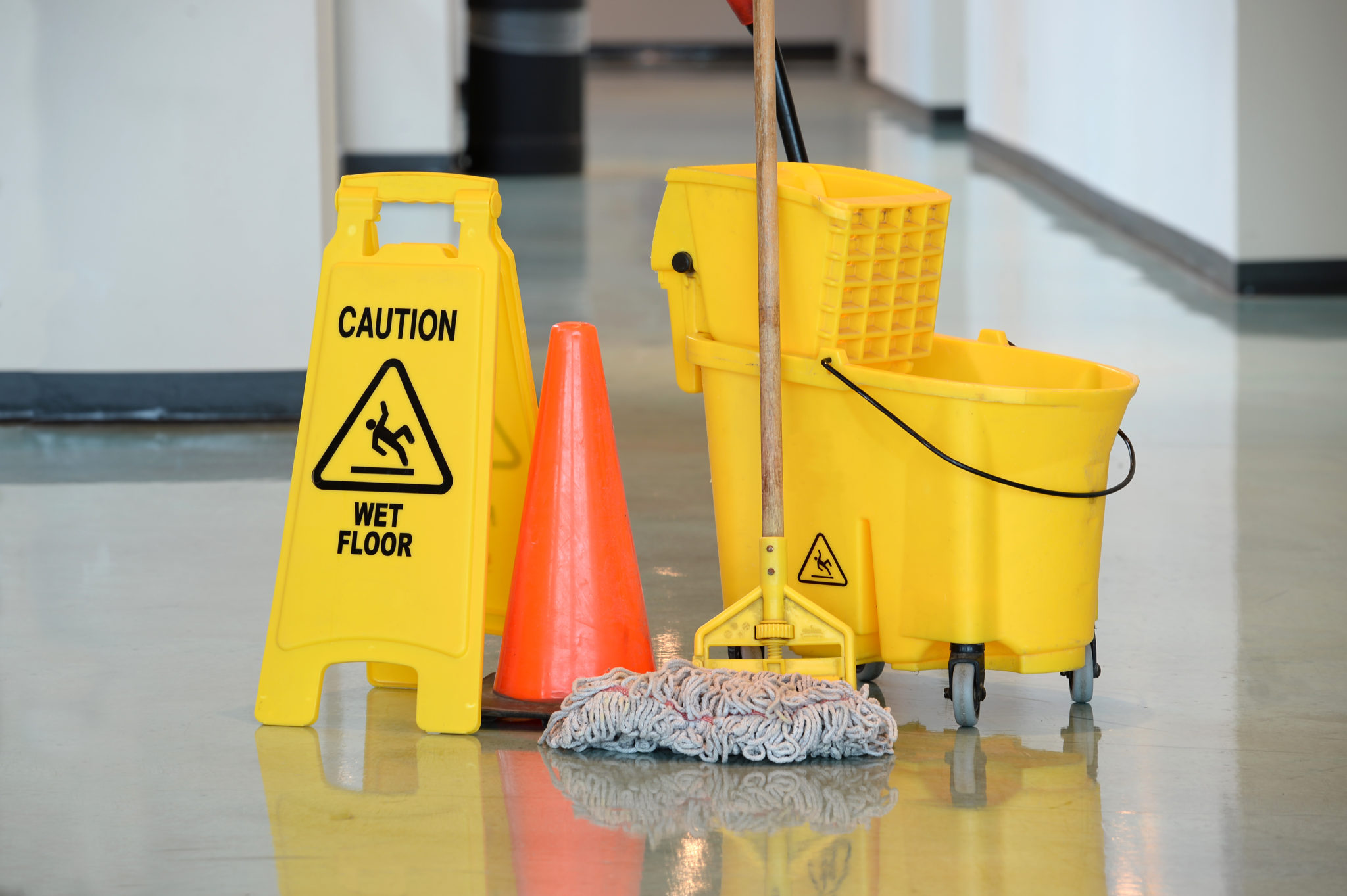Janitorial Bills Pass California Assembly

Two high-cost janitorial bills have passed the Assembly and are headed to the Senate.
Assembly Bill 2374 expands requirements for displaced janitors. Assembly Bill 2364 has been amended to create a workforce council that can impose workforce production limits, among other conditions.
Both bills represent new costs for an industry still reeling from market uncertainty.
Status of the Bills
Both bills passed the full Assembly and will now head to the Senate.
We will continue our fight against these bills in the new legislative house.
BOMA/GLA is involved with a broader state coalition fight against these bills.
We need your help spreading the word about the dangers these bills pose to the industry's recovery.
Despite a new labor contract now in place, the union continues to pressure the legislature to pass these bills.
We cannot afford to take our foot off the gas. Continue to talk to your colleagues, service providers, and ownership groups about the risks of these bills.
The bills have a good chance of passing if we do not continue to act against them.
Assembly Bill 2364
AB 2364 poses the greatest danger to the industry among the two janitorial bills. Despite amendments that would have you think otherwise, this is still a rate-limit bill.
This bill would create a seven-member council, like a "fast-food council 2.0."
The council would be empowered to set regulations around workplace conditions, undermining the collective bargaining process.
The council does not include a workplace safety specialist position, despite being a council tasked with setting workplace safety work conditions.
A production rate is the amount of space that a janitor can clean.
The current average rate is between 5000 and 6000 square feet.
AB 2364 more than halves that. More janitors would need to be hired to complete the job.
One member said that up to 16 additional full-time employees could need to be hired for a million-square-foot office building at an extra cost of up to $100,000 a month.
The production rate limits also do not consider the different nature of cleaning a fully occupied office versus a hybrid space.
This act is the legislature requiring work conditions that are better negotiated through employment contracts.
This bill will still create an environment that lacks flexibility and raises costs.
The bill has gone from a defined production rate figure to being undefined, but the end result will be the same: high costs and less operational flexibility.
Assembly Bill 2374
AB 2374 is also referred to as the "Displaced Janitors" bill. It expands current requirements for employers or those who contract for janitorial services.
The bill would do the following:
- Expand the definition of "contractor" to include any person who employs janitor employees and enters into a service contract with the awarding authority. Current law defines "contractor" as any person who employs 25 or more individuals.
- Companies that take over a contract must retain employees for 90 days instead of the current law's requirement of 60 days. Employees with satisfactory work performance must be offered continued employment after 90 days.
- The new employer would need to maintain a preferential hiring list based on the seniority of covered employees.
New amendments to the bill remove the joint liability requirements.
Successor contractors would not be bound by the prior contractor's collective bargaining agreement.
This bill remains a problem despite the amendments, and our coalition remains opposed.
If a new contractor could work with fewer people, state law would require the company to retain extra employees.
The result is higher costs for the property and, by extension, for the tenants.
Take Action
We cannot overstate the negative impacts of these two bills. If they pass, the consequences will reverberate across the industry.
Janitorial costs would rise almost immediately. Following that, building owners would be required to cut investments elsewhere.
These policies would further erode the region's attractiveness for real estate investment.
And ultimately harm the community's economic well-being.
Stay connected with BOMA on the Frontline for updates on this and other state legislative developments. In the meantime, tell your state representatives that AB 2374 and AB 2364 would harm economic recovery in commercial districts!


